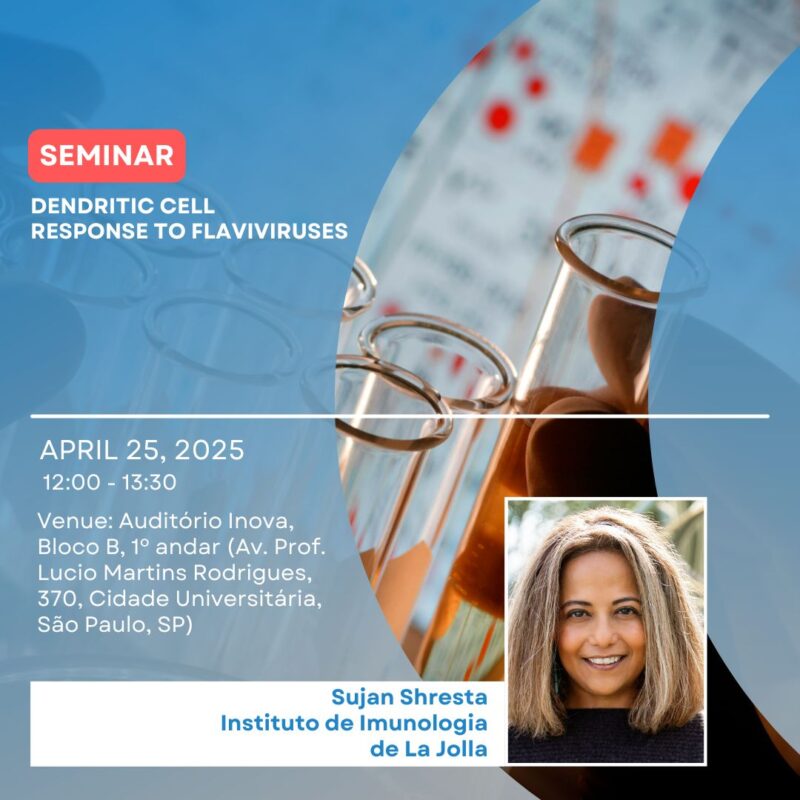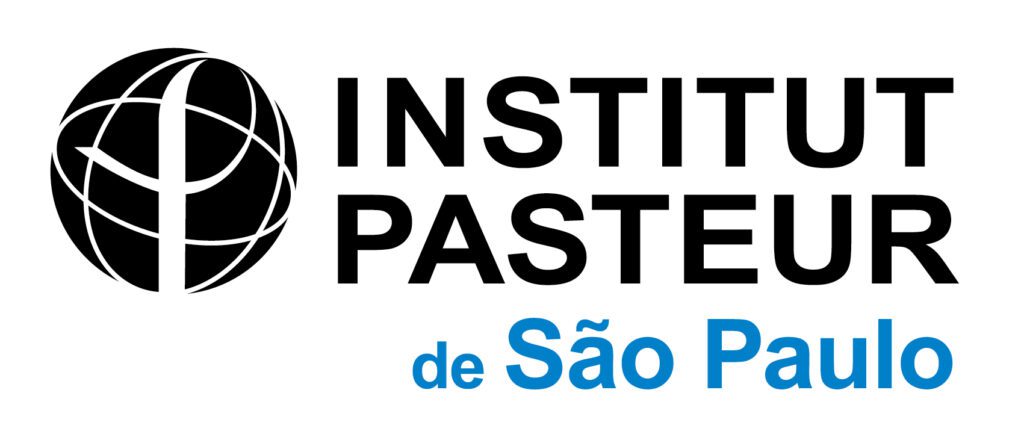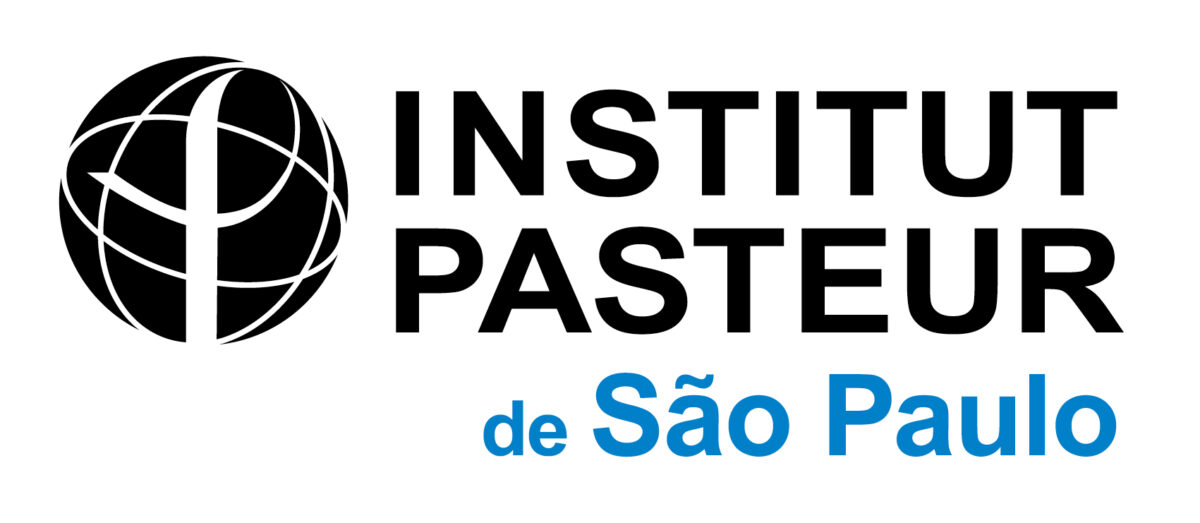
Seminar: “Dendritic cell response to flaviviruses”When: 04/25/2025 | 12:00 – 13:30
Speaker: Professor Sujan Shresta
Venue: Auditório Inova, Bloco B, 1º andar (Av. Prof. Lucio Martins Rodrigues, 370, Cidade Universitária, São Paulo, SP)
Registration: https://forms.gle/mZNZ5Fi73foq7mTw7
About Sujan Shresta:

Sujan Shresta holds a Bachelor’s degree in Biological Sciences from Smith College and a Ph.D. in Immunology from Washington University in St. Louis. She completed her postdoctoral training in Virology at the University of California, Berkeley, before joining the La Jolla Institute for Immunology in 2005, where she has been working ever since.
The long-term goal of her laboratory is to understand the mechanisms of immune protection and the factors underlying susceptibility to emerging and re-emerging viral diseases of global relevance. Mosquito-borne flaviviruses, for instance, infect hundreds of millions of people each year worldwide, causing a range of potentially fatal illnesses — including hemorrhagic fevers, encephalitis, and severe congenital defects.
Despite their importance, there are still no safe and effective drugs or vaccines for dengue virus and Zika virus — two of the most significant flaviviruses. This is largely due to the limited understanding of virus–host interactions that determine the outcome of infection.
Since 2020, Dr. Shresta’s lab has also been studying coronaviruses, alphaviruses, and bunyaviruses. To investigate the complex intersection between host, virus, and environmental factors during infections caused by emerging and re-emerging viruses in humans, she has established scientific collaborations with researchers in Nepal, Vietnam, Thailand, and Japan.
Her work bridges basic research — focused on immunology and viral pathogenesis using advanced mouse models and primary human cell cultures — with applied research in the fields of epidemiology and disease control in real-world settings. The knowledge generated by these studies is used to develop and test candidate therapies and vaccines against different viruses, evaluating their safety, efficacy, and mechanisms of action. These initiatives are carried out in partnership with collaborators from both academia and industry.



